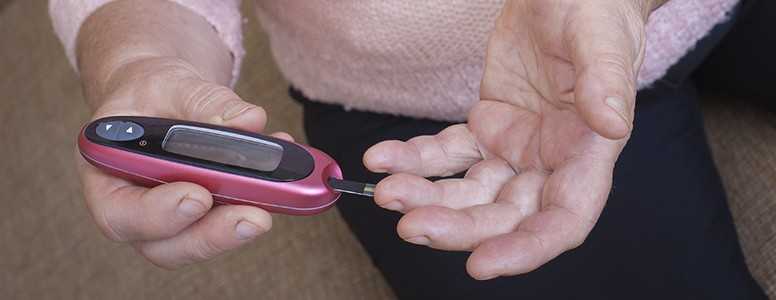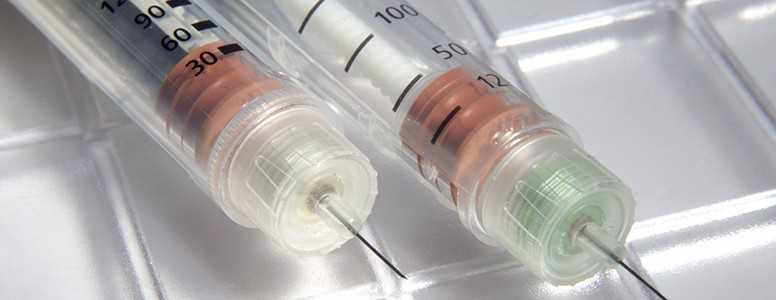A newly-developed nasal spray could provide a more effective treatment for severe hypoglycemia, according to new research.
The nasal spray proved to be almost as effective as glucagon injections, the only current treatment for severe hypoglycemia. Despite not having the same effectiveness, the nasal spray is significantly more convenient.
“This intranasal spray is a big deal”
“This intranasal spray is a big deal,” said Dr. George Grunberger, a clinical professor at Wayne State University School of Medicine in Detroit and president of the American Association of Clinical Endocrinologists. Grunberger was not involved in the study. “This is something which people have been crying out for, for years. It was only a matter of time before something more practical onto the market.”
Mild or moderate hypoglycemia can be treated by the individual. They simply need to drink a sugary drink or take a glucose tablet to bring their levels back up. Severe hypoglycemia requires the help of someone else. It is characterised by dizziness, vomiting and even unconsciousness.
Sometimes, the person having the hypo can recover enough to treat it themselves. However, glucagon is often used in case of severe hypoglycemia.
“Somebody has to have the vial of glucagon to hand, then they have to add water, shake it up and inject it into muscle,” Grunberger said. “This is a problem, because by definition the ones who need it are the ones who can’t inject it because they’re unconscious.”
The nasal spray can be easily used by a bystander or family member. If they act quickly, the person with diabetes can even use it themselves.
How was the study conducted?
The researchers recruited 75 adults to take part in the study, all of whom had type 1 diabetes. All participants experienced hypoglycemia twice. The first time, the hypo was treated using the glucagon injection. The second time, it was treated with the nasal spray.
The injection was 100 per cent effective. The nasal spray was 99 per cent effective. The nasal spray also took slightly longer to work – 16 minutes on average, compared to 13 minutes for the glucagon injection. However, the glucagon injection takes much longer to prepare and administer. An earlier study found that it took between 16 and 26 seconds to administer the nasal spray, while the injection took between 1.9 to 2.4 minutes, depending on the experience and training of the person administering it.
“It took a bit longer for intranasal glucagon to work, but given the situation it’s probably not clinically significant.”
Dr. Deena Adimoolam, assistant professor of endocrinology and diabetes at the Icahn School of Medicine at Mount Sinai, New York, was more concerned about the delayed effectiveness of the spray.
“We don’t really know if clinically that delay matters,” she said. “In that time, you can have a seizure. You can lose consciousness. There could be catastrophic events. So it’s hard to tell whether the delay would be significant.”
Limitations and side effects
Adimoolam says that the study’s focus on a particular age group means it is not as wide-ranging as it could be.
“I think it would have been even more interesting if this study looked at how this medication could help the elderly who are at even higher risk for insulin-related hypoglycemia than the age group evaluated in this study,” she said.
Side effects of the nasal spray include head and facial discomfort and, in a third of the participants, nausea.
It is currently unknown when the product will be available. Eli Lilly has purchased the rights to the nasal spray and plans to bring it to market.
The findings are published in Diabetes Care.
What's new on the forum? ⭐️
Get our free newsletters
Stay up to date with the latest news, research and breakthroughs.








